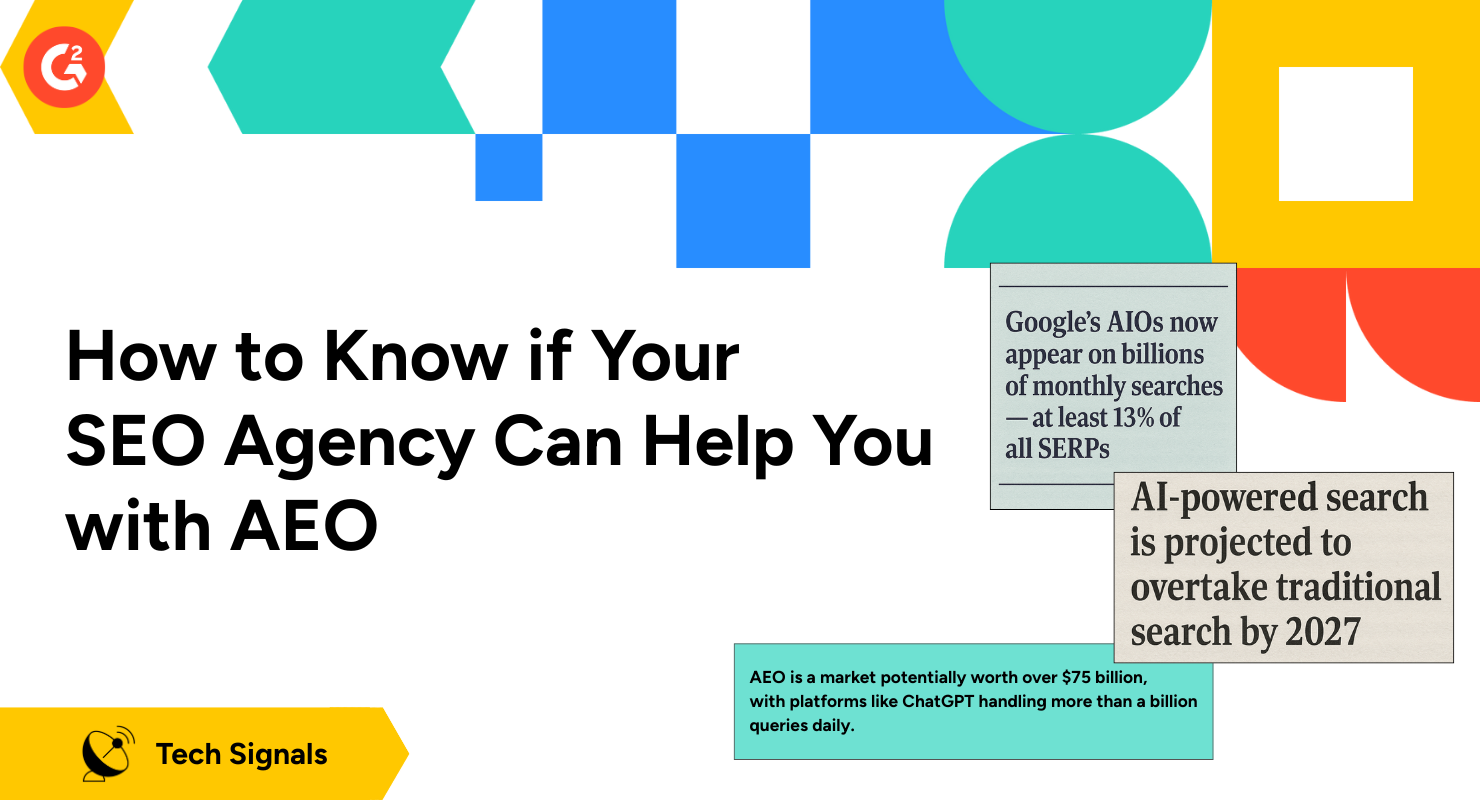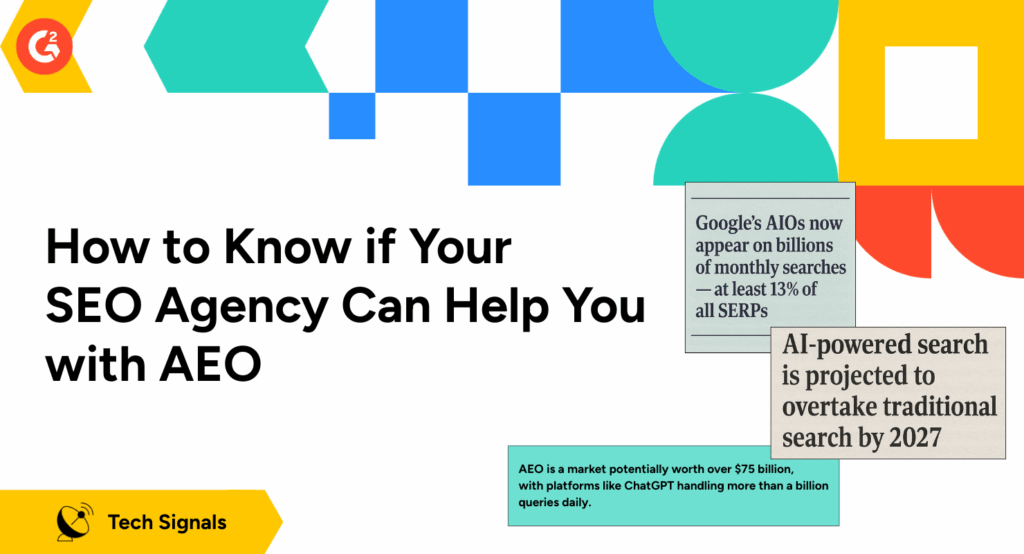The digital world is constantly evolving, and with the rise of Artificial Intelligence (AI) in search engines, the rules of the game are changing faster than ever. Gone are the days when simply stuffing keywords or building questionable links could guarantee top rankings. Today, Google’s sophisticated AI, including features like Search Generative Experience (SGE), is looking for something deeper, something more human: E-E-A-T. Understanding How E-E-A-T is the Key to Winning in Google’s AI-Powered Search isn’t just an advantage; it’s a necessity for anyone who wants their content to be seen, trusted, and valued in this new era.
At AskByteWise.com, our mission is to make complex tech simple, and E-E-A-T, while sounding a bit technical, is fundamentally about making your content genuinely helpful, reliable, and human. Whether you’re a small business owner, a budding blogger, or a student sharing your passion, this guide will break down E-E-A-T into easy-to-understand concepts and show you how to build it for your own online presence, ensuring your valuable insights cut through the noise and reach your audience.
What Is E-E-A-T? A Simple Definition
Let’s start with the basics. E-E-A-T is an acronym that stands for Experience, Expertise, Authoritativeness, and Trustworthiness. It’s Google’s way of assessing the quality of content and the credibility of its creator. Think of it as Google’s internal lie detector and quality assurance team for the vast ocean of information available online.
Imagine you’re looking for advice on a critical medical condition. Would you trust an anonymous blog post written by “HealthGuru123” or an article authored by a renowned medical doctor with years of clinical experience, published on a reputable health institution’s website? The answer is obvious, right? That gut feeling you have about who to trust is precisely what Google’s E-E-A-T guidelines aim to replicate on a massive scale.
In the pre-AI era, search engines were primarily focused on keywords and links. They were like librarians who organized books by title and category. Now, with AI, Google is acting more like a discerning critic, evaluating not just what the book says, but who wrote it, why they’re qualified to write it, and how well-regarded their work is by others. This shift is profound and impacts every piece of content you create.
Why Is E-E-A-T Crucial for AI-Powered Search?
The integration of Artificial Intelligence, especially large language models (LLMs) and generative AI features like Google’s SGE (Search Generative Experience), has completely reshaped the search landscape. These AI systems don’t just pull up links; they synthesize information, provide direct answers, and even generate entirely new content based on user queries. For an AI to do this effectively and responsibly, it absolutely must rely on the most credible and accurate sources.
Here’s why E-E-A-T is not just important, but critical for winning in AI-powered search:
- AI Relies on High-Quality Training Data: AI models learn from vast amounts of existing data. If that data is inaccurate, biased, or untrustworthy, the AI’s outputs will be too. Google invests heavily in ensuring its AI is trained on high-E-E-A-T content, making such content inherently more valuable to the system.
- Combating Misinformation and “Hallucinations”: One of the biggest challenges with generative AI is its tendency to “hallucinate” or confidently present false information. By prioritizing E-E-A-T, Google’s AI aims to reduce these errors, ensuring the answers it provides are grounded in verifiable facts from authoritative sources.
- Direct Answers and Summaries: AI-powered search often provides direct answers or summaries at the top of the search results page, rather than just a list of links. For Google to feel confident displaying your content as the source for such a prominent answer, your E-E-A-T signals need to be exceptionally strong.
- User Trust and Safety: Ultimately, Google’s goal is to serve its users the best possible information. In sensitive areas like health, finance, or legal advice (which Google calls “Your Money or Your Life” or YMYL topics), incorrect information can have serious consequences. E-E-A-T acts as a safeguard, directing users to trustworthy advice.
- Foundation for Answer Engine Optimization (AEO): E-E-A-T is the bedrock upon which successful Answer Engine Optimization (AEO) is built. If you want your content to be seen as the definitive answer by Google’s AI, you first need to establish yourself as a trustworthy and authoritative source. Without strong E-E-A-T, your efforts in AEO will fall flat. To learn more about how E-E-A-T fits into the broader picture, check out our comprehensive guide on Answer Engine Optimization (AEO).
Noah’s Insight: Think of AI as a student who needs to write a research paper. It won’t cite random blog posts; it will seek out peer-reviewed journals, recognized experts, and established institutions. Your job is to make your content that “peer-reviewed journal” or “expert opinion” in your niche.
Breaking Down E-E-A-T: The Four Pillars
Let’s unpack each component of E-E-A-T, understanding what it means and how Google’s AI likely assesses it.
1. Experience
What it means: This refers to the creator’s direct, first-hand knowledge of the topic. It’s about having “been there, done that.” Google wants to see that the content isn’t just theoretical but is informed by practical application.
How Google’s AI might see it:
- Recipes: Has the recipe creator actually cooked this dish? Are there photos of their finished product?
- Product Reviews: Has the reviewer actually used the product? Are their pros and cons specific to real usage?
- Travel Guides: Has the author actually visited the places they’re recommending?
- Troubleshooting: Does the guide offer solutions that only someone who has encountered the problem would know?
Why it matters for AI search: AI loves practical, actionable advice. Experience adds a layer of authenticity that generic, rehashed content simply can’t match. It provides the nuanced details and common pitfalls that only a practitioner would know, making the AI’s generated answers more robust and truly helpful.
2. Expertise
What it means: This is about having in-depth knowledge and skills in a particular subject area. It implies a high level of understanding, often acquired through study, training, or significant practice. It’s the “know-how” and factual accuracy.
How Google’s AI might see it:
- Medical Advice: Is the author a qualified doctor, nurse, or medical researcher?
- Financial Planning: Does the author have certifications (e.g., CFP) or work in the financial industry?
- Coding Tutorials: Does the author demonstrate a deep understanding of programming languages and best practices?
- Educational Content: Is the content accurate, comprehensive, and up-to-date with current academic understanding?
Why it matters for AI search: AI thrives on accurate, well-researched information. Expertise ensures the foundational facts and principles presented are sound, reducing the risk of the AI generating incorrect or misleading information. It helps the AI differentiate between opinion and established knowledge.
3. Authoritativeness
What it means: This refers to the creator’s reputation as a recognized, reliable source for a given topic. It’s about being seen as a “go-to” person or organization within a specific niche. Others look to you as a leader.
How Google’s AI might see it:
- Mentions and Citations: Are other reputable websites, industry leaders, or news outlets linking to or referencing your content?
- Awards and Recognition: Have you or your site received industry accolades?
- Social Proof: Do you have a strong, engaged following on social media platforms (though this is less direct than other signals)?
- Public Persona: Are you often invited to speak at conferences or contribute to major publications?
Why it matters for AI search: Authoritativeness acts as a signal of trust from the wider online community. If many other credible sources vouch for your content, the AI is more likely to view your information as highly reliable for generating its own answers or summaries. It’s like getting multiple recommendations from trusted friends.
4. Trustworthiness
What it means: This is the overarching principle that ties everything together. It’s about being credible, honest, transparent, and safe. Users and Google need to feel confident that the information provided is accurate, unbiased, and that interacting with your site is secure.
How Google’s AI might see it:
- Accuracy: Is the information factual and free of errors?
- Transparency: Is it clear who created the content and why? Are sources cited? Is there a clear contact page or “About Us” section?
- Security: Does your website use HTTPS? Is it free of malware and intrusive ads?
- Reputation: What do reviews say about your business or content? Are there any complaints or warnings associated with your brand?
- Privacy: Does your site have a clear privacy policy?
Why it matters for AI search: Trustworthiness is paramount for AI-powered search, especially for “Your Money or Your Life” (YMYL) topics. If an AI generates an answer based on untrustworthy content, it could have severe negative consequences for users. Trust signals help the AI filter out potentially harmful or misleading information, ensuring the integrity of its outputs.
How to Build Your E-E-A-T and Win in AI Search
Now that we understand what E-E-A-T is, let’s get practical. Building your E-E-A-T is an ongoing process, but by focusing on these actionable steps, you can significantly enhance your content’s standing in Google’s AI-powered search.
1. Show Your Experience
- Create “How-To” Guides and Tutorials from First-Hand Knowledge: Don’t just explain what to do; show how you did it. Share specific steps, challenges you faced, and unique insights only gained from doing.
- Share Case Studies and Real-World Examples: Detail projects you’ve worked on, results you’ve achieved, and lessons learned. Use numbers, photos, and anecdotes to make your experience tangible.
- Utilize User-Generated Content (UGC): If appropriate, encourage users to share their experiences with your product or service. This can be through testimonials, reviews, or community forums, which indirectly boosts your site’s perceived experience.
- Include Personal Anecdotes: Weave in stories about your journey, your struggles, and your successes. This adds a personal touch that resonates with readers and demonstrates authentic experience.
2. Demonstrate Your Expertise
- Publish In-Depth, Well-Researched Content: Go beyond the surface. Dive deep into topics, providing comprehensive explanations, data, and context. Cite credible sources when appropriate.
- Create Pillar Pages and Cluster Content: Build comprehensive cornerstone content (like our AEO Pillar Page) and then create supporting “cluster” articles (like this one!) that delve into specific aspects. This shows a holistic understanding of your niche.
- Keep Your Content Updated: Expertise isn’t static. Regularly review and update your articles to reflect the latest information, research, and best practices in your field.
- Attribute Content to Qualified Authors: Ensure that articles are clearly attributed to individuals with relevant qualifications or experience. Include author bios that highlight their credentials.
- Explain Complex Jargon: As we do at AskByteWise, if you must use technical terms, always define them simply for your non-technical audience. This shows expertise in communication, not just the subject matter.
3. Establish Your Authoritativeness
- Earn High-Quality Backlinks: When other reputable websites link to your content, it tells Google that you’re a trusted source. Focus on creating link-worthy content that others want to reference.
- Seek Mentions and Citations: Beyond direct links, mentions of your brand or content on authoritative sites (even without a link) can signal authority.
- Engage in Industry Discussions: Participate in forums, professional communities, and social media groups relevant to your niche. Offer valuable insights and establish yourself as a thought leader.
- Get Featured or Interviewed: If you have unique expertise, look for opportunities to be interviewed by podcasts, news sites, or other blogs. This expands your reach and public profile.
- Build a Strong Brand Identity: A recognizable, professional brand (website design, logo, consistent messaging) contributes to an authoritative perception.
4. Foster Trustworthiness
- Be Transparent About Your Identity and Purpose: Have a clear “About Us” page that introduces your team, your mission, and your values. Provide contact information.
- Ensure Accuracy and Fact-Checking: Double-check all facts, figures, and claims. If you’re providing data, cite your sources. Correct errors promptly and transparently.
- Maintain a Secure Website (HTTPS): This is non-negotiable. An HTTPS certificate encrypts data, protecting your users and signaling to Google that your site is safe.
- Develop a Clear Privacy Policy: Inform users how their data is collected, stored, and used.
- Manage Your Online Reputation: Monitor what people are saying about your brand online. Respond professionally to feedback, address complaints, and resolve issues. Showcase positive reviews and testimonials.
- Avoid Overly Aggressive Advertising or Misleading Content: A cluttered site filled with pop-ups or deceptive ads erodes trust quickly. Focus on providing value.
Noah’s Pro Tip: Think of your online presence like a restaurant. You want customers to know who the chef is (Experience), that the chef is skilled (Expertise), that the restaurant is highly rated and known (Authoritativeness), and that the food is safe and the service is honest (Trustworthiness). Apply this mindset to every piece of content you create.
Summary & Key Takeaways
The landscape of search is changing, and AI is at the forefront of this transformation. For your content to thrive in this new environment, you must embrace E-E-A-T: Experience, Expertise, Authoritativeness, and Trustworthiness.
Here are the key takeaways:
- E-E-A-T is Google’s quality standard for evaluating content and its creators, crucial for the reliability of AI-powered search results.
- Experience means showing you’ve “been there, done that” with first-hand knowledge.
- Expertise means demonstrating deep, accurate, and up-to-date knowledge in your field.
- Authoritativeness means being recognized as a go-to source by others in your niche.
- Trustworthiness is the foundation, encompassing accuracy, transparency, security, and reputation.
- Building E-E-A-T is an ongoing process that involves creating high-quality, practical content, attributing it to qualified authors, earning credible backlinks, and maintaining an honest, secure online presence.
- Strong E-E-A-T is essential for Answer Engine Optimization (AEO), ensuring Google’s AI confidently selects your content for direct answers and summaries.
By prioritizing E-E-A-T, you’re not just playing by Google’s rules; you’re building a genuinely valuable resource for your audience. You’re creating content that solves problems, answers questions, and fosters a connection—qualities that AI-powered search is increasingly designed to champion.
Frequently Asked Questions (FAQ)
Q1: Is E-E-A-T a direct ranking factor for Google?
While Google officially states that E-E-A-T is not a direct ranking factor in the traditional sense (like a specific algorithm signal), it is widely understood to be a critical component of Google’s broader quality assessment. Google’s algorithms use various signals that correlate with E-E-A-T to determine content quality and trustworthiness. With AI’s increasing role, content that exhibits strong E-E-A-T is far more likely to be favored and surface in AI-generated answers, making it an undeniable factor in overall search success.
Q2: How long does it take to build E-E-A-T?
Building strong E-E-A-T is a marathon, not a sprint. It takes time, consistent effort, and a genuine commitment to quality. You might start seeing incremental improvements within months, but establishing yourself as a highly authoritative and trusted source often takes years of dedicated work. Focus on long-term value creation rather than quick fixes.
Q3: Can I “fake” E-E-A-T?
Attempting to fake E-E-A-T is a risky strategy and ultimately unsustainable. Google’s algorithms, especially with AI, are becoming increasingly sophisticated at detecting inauthentic signals. For instance, buying fake reviews or low-quality backlinks can not only be ineffective but can also lead to penalties, damaging your reputation and search visibility. The best approach is always genuine effort and transparency.
Q4: Does E-E-A-T only matter for sensitive topics like health and finance?
While E-E-A-T is critically important for “Your Money or Your Life” (YMYL) topics due to the potential for harm from misinformation, it applies to all topics. Google wants to provide reliable information for every query. Whether you’re writing about baking recipes, gardening tips, or video games, demonstrating experience, expertise, authoritativeness, and trustworthiness will always give your content an edge in search, especially in the AI-powered era.
Q5: I’m a small business owner/beginner. How can I compete with large, established brands on E-E-A-T?
Don’t be discouraged! Small businesses and individuals can excel in E-E-A-T by focusing on niche expertise and authentic experience.
- Niche Down: Instead of trying to be authoritative on everything, become the undisputed expert on a very specific sub-topic within your industry.
- Show, Don’t Just Tell: Share your unique experiences and perspectives that larger brands, which often rely on corporate content teams, might not have.
- Community Engagement: Build a strong, loyal community around your brand. Your active engagement and reputation within that community are powerful E-E-A-T signals.
- Transparency: Be openly human. Share your story, your challenges, and your learning process. This builds a deeper connection and trust with your audience.
- Collaborate: Partner with other small businesses or individuals in your niche for cross-promotional content or guest posts, boosting your collective authority.
See more: How E-E-A-T is the Key to Winning in Google’s AI-Powered Search.
Discover: AskByteWise.


